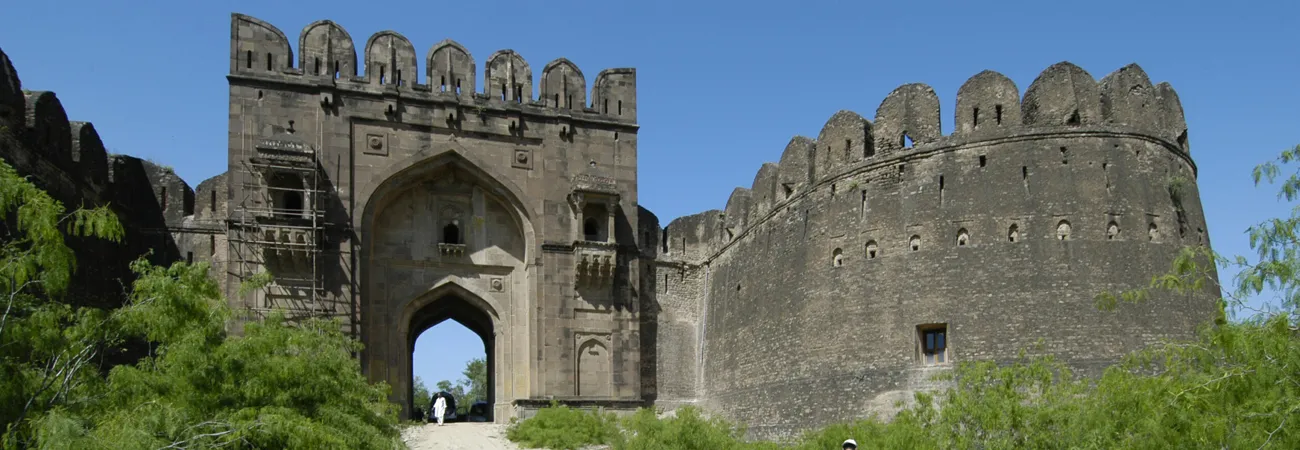i ECONOMY
The Rohtas Fort, one of the largest forts in South Asia, needs to be promoted globally to give a boost to the heritage tourism industry. “Being a World Heritage site and majestic military architecture, it deserves to be introduced to the outer world,” said Muhammad Hassan, Director at the Directorate of Archaeology & Tourism Department, Punjab, while talking to WealthPK. Highlighting the historic value of Rohtas Fort, he said it was one of the largest forts in South Asia, covering an area of about 175 acres and four kilometres in circumference. He also shared the details about the progressive preservation and conservation works performed on the fort (also shown in the following table) since 2013.
Discussing the historical background of Rohtas Fort with WealthPK, Deputy Director of Archaeology and Museums, Islamabad, Dr Mahmood-ul-Hassan said that Rohtas Fort was the monument of the 16th century. He said Sher Shah Suri had constructed it to defend the northern boundaries of his empire from both foreign and local invaders. “This fort is located in the area that connects Afghanistan and Central Asia. So, regular armed forces were deployed there to avoid revolt and tumult. The same status of this fort continued in the Mughal era as well. In the British era, it almost remained abandoned but was partially used for military purposes. After the partition, it was protected under the Ancient Monument Preservation Act, 1975 (now Antiquities Amendment Act, 2012),” he explained.
Mahmood further shared that in 1997, UNESCO had inscribed the fort on the list of World Heritage sites. He added afterwards, its conservation and preservation began, though no financial assistance was given by UNESCO except some guidelines. He said that under the 18th Constitutional Amendment, the Rohtas Fort became the responsibility of the Punjab government’s tourism, archaeology and museums department. He said access to the fort was now easy due to better communication infrastructure. He said there was an office at the fort for conservation engineers and a small museum, where some swords from the Mughal period and a few other artifacts were kept.
Mahmood said the Rohtas village residents were the descendants of the guards, who might have been appointed in the Mughal era. “With the passage of time, though the population of the village has increased, the people have been kept at a fair distance from the fort to maintain its grandeur,” he said. Mahmood said Chinese examples of promoting the heritage sites could be followed to make this site a centre of attraction for visitors, including foreigners.
Talking to WealthPK, Naveed Anjum, manager of Tourism Development Corporation Punjab (TDCP), said that Rohtas Fort was a popular tourist spot among both local and foreign tourists. “Most of the tourist flow occurs on weekends, but foreign tourists also visit it on weekdays.”
He shared that TDCP, in coordination with the archaeology and tourism department of the province, was promoting this heritage asset. He also said guides from the archaeology department were always there to share the details of the heritage site with the visitors. However, he said that guides from TDCP should also be trained to promote the historical background of the site.
Credit: Independent News Pakistan (INP)









